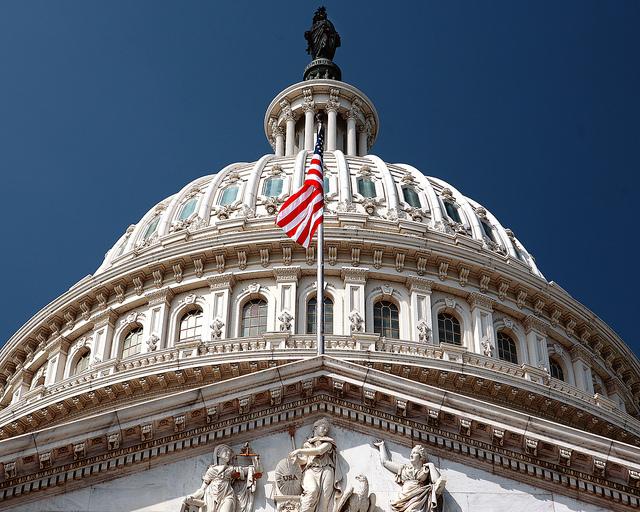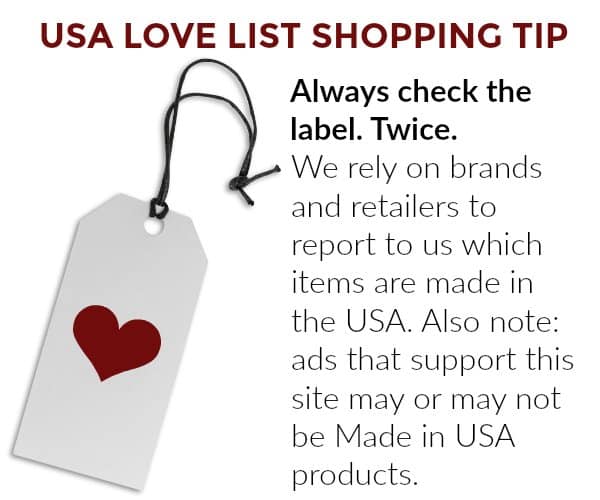Most Americans hear the Farm Bill mentioned on the news and reach for the remote. If you are not a farmer, it doesn't affect you, right? This is so very wrong. The Farm Bill includes much more than farming issues. The Farm Bill includes programs that directly affect American jobs and the US economy.
History of the Farm Bill
The Agricultural Adjustment Act was passed after the Great Depression to help alleviate hunger, keep farms out of foreclosure, and to regulate crop prices. This act is considered to be the original farm bill. As the years have passed and lobbying grew in popularity, more and more topics have been added, leading to the proposed Farm Bill 2012 which is over 1000 pages long. There are 15 titles in the Farm Bill- Commodities, Conservation, Trade, Nutrition, Credit, Rural Development, Research, Forestry, Energy, Horticulture & Organic Agriculture, Livestock, Crop Insurance, Commodity Futures, Miscellaneous, and Trade & Tax Provisions.
What a lot of Americans don't realize is that a HUGE majority of the Farm Bill funding (about 68%!) goes towards nutritional programs such as SNAP (or food stamps), and school lunch programs that are included in title IV, Nutrition. The 2012 bill that recently passed in the Senate cut the amount of money going to these programs and it is suspected that before the bill passes in the House, more will be cut. This is what most of the national media is focusing on. There is little to no mention of the other programs covered by the 14 remaining titles (and only 32% of the funding combined) in the Farm Bill. These programs may be in line for budget cuts or discontinued altogether.
Here is a very brief description of just a few of the other Farm Bill titles and how some of the programs included in them are important to US job and the American economy.
Title VI, Rural Development
Believe it or not in twenty first century America, there are still towns and whole counties that do not have a broadband internet connection. Most of these areas are isolated, sparsely populated and of low income. The cost of connecting these areas can be more than the local and state governments can afford, especially in areas of poverty, There is funding through grants and loans in Title VI that will help bring broadband connections to these areas and with it the opportunity of distance learning, and the advantages of telemedicine. Telemedicine includes the electronic transportation of a patient's medical records (and prescriptions), and doctor teleconferencing which is vital to these areas that are lacking in medical professionals. These areas have been losing population over the years because of the lack of educational opportunities and medical professionals. Bringing broadband here will aid in the growth of these communities.
Title VI also covers rural business grants and loans that encompass such categories as water and sewer improvements. Businesses are closing in rural areas because most of the nation's water and sewer systems are antiquated and in need of repairs which counties and states cannot afford. Also, the cost of installing new water and sewer systems in some areas of the country can be overwhelming, especially when a town or county is looking to improve/build a business district. These grants help these areas with business center development and, in turn, with the creation of jobs and the stimulation of the local economy.
Title IX, Energy
Title IX has a HUGE impact on made in the USA products. This bill encourages the manufacturing of bio-based products and bio-energy development. Those of us who read labels searching for “Made in the USA” know that most of the products manufactured here contain bio-based materials: pet food, plant based cleaning products, plant based health and beauty products, cotton clothing, bio paints, bio plastics, and soy products (like ink toner and candles), just to name a few. This title also helps in providing funding for researching and creating bio-based materials. In many states, like Ohio, agriculture is the number one industry, and manufacturing is one of the most important. The Farm Bill helps bring these industries together creating US jobs and increasing rural economies simultaneously as most of the manufacturing locations are near farms. In Ohio alone there are 130 companies that manufacture bio-based products! The funding in title IX will aid these companies in growing and in the starting of new ones.
And yes, there are parts of the Farm Bill that are meant to help farmers. As mentioned previously in posts on CSA's and Argirtourism, the success of US farms is important to the US economy.
The agricultural industry provides jobs to 1 in every 12 Americans. In some states, like Michigan, it is 1 in every 4. Strengthening US agriculture with the Farm Bill's funding is important in maintaining and increasing this work force.
For more information on the Farm Bill 2012, how it affects your state (why your senators voted the way they did) and how to contact your representative in congress, refer to the links below.
What is the “Farm Bill”?
Directory of U.S Senators– links to their websites
Directory of Representatives – links to their websites
Farm Bill Now– a coalition of agricultural organizations that despite different agendas, are uniting to push for the passing of Farm Bill 2012 — includes links to contact your legislators, and upcoming rally dates.
Tracey Logan Hanson, USA Love List's Green Living Editor, is a member of the National Grange, one of the agricultural organizations that is a part of the Farm Bill Now coalition. Flickr Photo by Shawn Clover who has no known affiliation with Farm Bill 2012.













I appreciate this blog a great deal, saved to bookmarks.
Nice read, Freezing passed this onto a colleague who had been doing some research on that.
And after that he actually bought me lunch as I ran across it for him smile Thus ok, i’ll rephrase that: Thanks for supper!
Thank you for explaining it so well. Didn't knwo this was oging on
Very informative article Tracey. Did not realize the various aspects and implications of the Farm Bill – you
explained it in a very easy to understand way. This topic is close to our hearts. Thanks.
Thanks for the compliments Cher! I am a firm believer that every US citizen should know what is going on in Washington. Wordy Bills and policy proposals are a HUGE barrier when it comes to understanding what is going on. Add to that the fact that popular media outlets only focus on what THEY deem news worthy. I'm glad to help in the translation/information sharing!